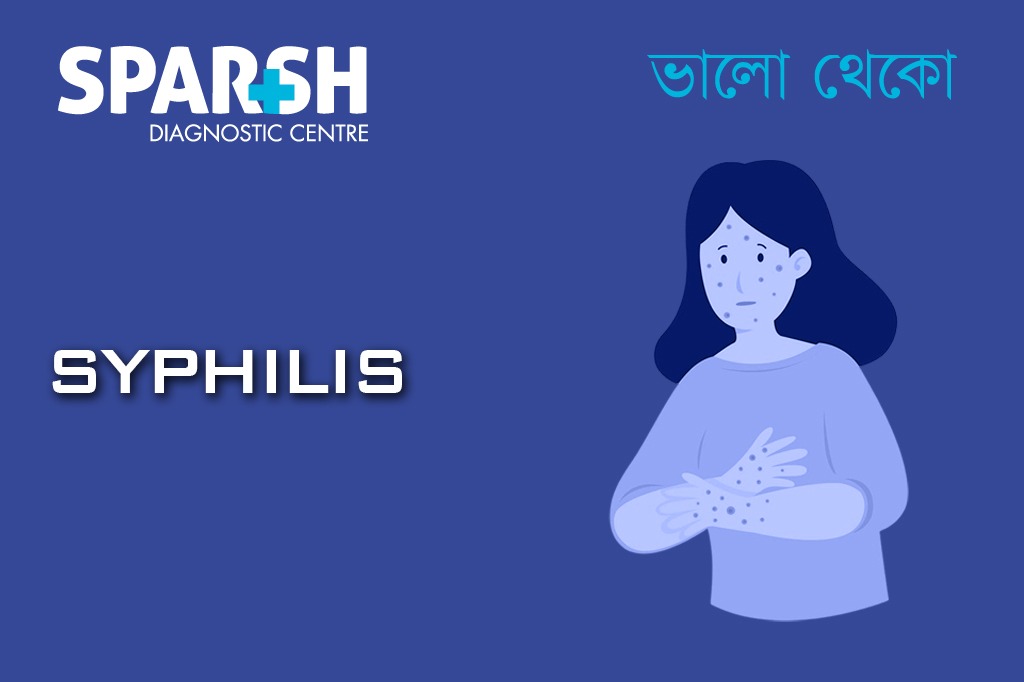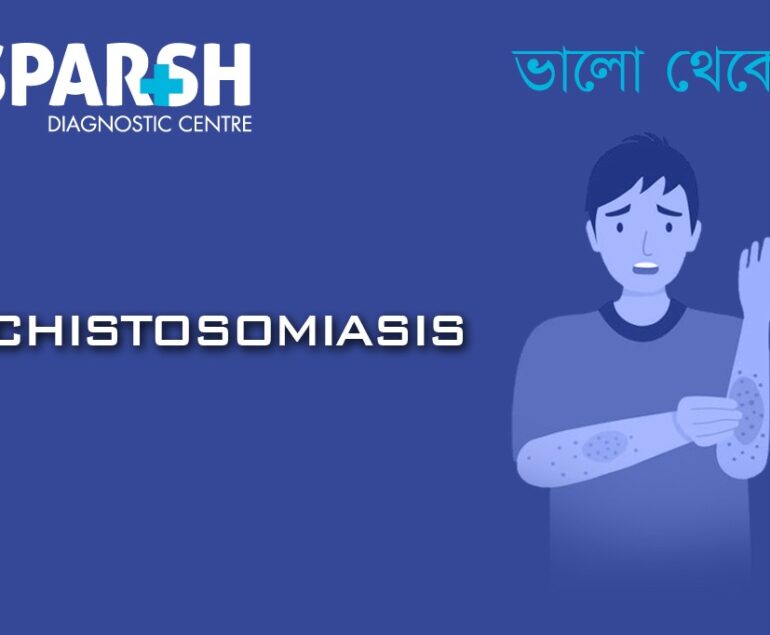Sexually transmitted infections (STIs) are a growing global health concern, and syphilis is one of the most serious among them. Caused by the bacterium Treponema pallidum, syphilis progresses in different stages and, if left untreated, can cause severe complications affecting the brain, heart, and other vital organs.
The good news is that syphilis is both preventable and treatable, especially when detected early.
This blog explores everything you need to know about syphilis—its stages, symptoms, causes, diagnosis, treatment options, and preventive measures.
What is Syphilis?
It is a bacterial infection primarily transmitted through sexual contact, including vaginal, anal, and oral sex. It can also spread from mother to child during pregnancy, leading to congenital syphilis in newborns.
The disease progresses in four main stages:
Primary stage – Initial signs such as ulcers.
Secondary stage – Rashes and flu-like symptoms.
Latent stage – Hidden stage with no visible symptoms.
Tertiary stage – Severe damage to organs, nerves, and brain.
Early detection and antibiotic treatment (usually penicillin) can cure syphilis and prevent complications.
Causes and Risk Factors
The bacterium Treponema pallidum spreads mainly through direct contact with syphilitic sores (chancres) during sexual activity.
Risk factors include:
Having unprotected sex.
Multiple sexual partners.
A partner with untreated syphilis.
Pregnant women not screened for syphilis (risk of congenital syphilis).
Symptoms of Syphilis
The symptoms vary depending on the stage. Many people may not notice them early, which is why regular testing is important.
Stage 1 (Primary Syphilis):
Skin ulcer (painless sore called a chancre)
These symptoms appear within 3 weeks of infection and may heal on their own, but the infection persists.
Stage 2 (Secondary Syphilis):
Rash (often on palms and soles)
Mucosal damage (mouth, throat, or genitals)
Weight loss
These symptoms may last weeks or months and then disappear, leading to the latent stage.
Stage 3 (Tertiary Syphilis):
If untreated, it may progress to its most dangerous stage:
Dementia and psychotic disorders
Internal bleeding
Severe damage to internal organs (heart, liver, kidneys)
This stage can occur years after the initial infection and can be life-threatening.

Congenital Syphilis
When an infected pregnant woman passes the infection to her baby, it leads to congenital syphilis. Babies may be born with deformities, neurological issues, or may not survive.
This is why routine prenatal screening is essential for expecting mothers.
Diagnosis of Syphilis
Syphilis is diagnosed through:
Physical examination of sores/rashes
Blood tests (detect antibodies against T. pallidum)
Cerebrospinal fluid tests (in cases of suspected neurosyphilis)
Early diagnosis ensures effective treatment and reduces complications.
Early detection ensures effective treatment and prevents complications.
Treatment of Syphilis
The primary treatment is antibiotic therapy, especially penicillin injections.
Early stages: A single dose of penicillin is often enough.
Late stages: Multiple doses may be required over several weeks.
For those allergic to penicillin: Alternatives like doxycycline or azithromycin may be prescribed.
Important Note:
Even after successful treatment, syphilis cannot reverse damage already caused to organs. Hence, early treatment is crucial.
Complications of Untreated Syphilis
If ignored, it can cause:
Brain and nerve damage (neurosyphilis).
Cardiovascular syphilis (heart and blood vessel issues).
Blindness or hearing loss.
Stroke and dementia.
Death in extreme cases.
Prevention of Syphilis
Prevention is always better than cure. Follow these tips to stay protected:
Always use condoms during sexual activity.
Get regular STI screening if sexually active.
Limit multiple sexual partners.
Ensure partners are tested and treated if needed.
Pregnant women should undergo routine prenatal syphilis testing.
Why Early Detection Matters
Syphilis can silently progress for years, causing irreversible organ damage. Early diagnosis and treatment prevent severe complications and transmission to others.
At Sparsh Diagnostic Centre, we offer:
Comprehensive STI testing.
Confidential consultations.
Accurate diagnosis and medical guidance.
Your health and privacy are always our priority.
Living with Syphilis
Being diagnosed with syphilis can be overwhelming, but remember:
It is treatable with antibiotics.
With early detection, you can lead a normal, healthy life.
Support from healthcare providers and loved ones plays an important role.
Regular follow-ups are necessary to ensure treatment success.
Frequently Asked Questions (FAQ)
1. Is it curable?
Yes, syphilis is completely curable with proper antibiotic treatment. However, damage caused by late-stage syphilis cannot be reversed.
2. How soon do symptoms appear?
Symptoms usually appear within 3 weeks of exposure but can take up to 90 days.
3. Can it be transmitted without visible sores?
Yes, syphilis can spread even when sores are not visible, especially during the secondary stage.
4. Can I get it from kissing?
If open sores are present in the mouth, syphilis can be transmitted through kissing, though it is less common.
5. What happens if it is left untreated?
Untreated syphilis progresses to advanced stages, damaging the heart, brain, and other organs, and can be life-threatening.
6. Can infected pregnant women safely deliver?
Yes, with early treatment during pregnancy, syphilis can be cured, preventing transmission to the baby.
7. How is it different from other STIs?
Unlike some viral STIs (like HIV or herpes), syphilis is bacterial and can be fully cured with antibiotics.
8. Do condoms completely protect against syphilis?
Condoms reduce the risk but may not fully protect if sores are outside the covered area.
9. Should my partner also get tested if I have syphilis?
Yes, partners should be tested and treated simultaneously to prevent reinfection.
10. How can I get tested for syphilis?
Visit Sparsh Diagnostic Centre for confidential and reliable syphilis testing.
Syphilis is a serious but treatable infection. Awareness, safe practices, and regular check-ups are essential in fighting its spread. Early diagnosis not only prevents severe complications but also ensures you protect your loved ones.
At Sparsh Diagnostic Centre, we are committed to providing accurate testing, timely treatment, and compassionate care.
👉 If you suspect syphilis or want to get tested, book your appointment today with Sparsh Diagnostic Centre.
#BhaloTheko
Disclaimer:
No content on this site, regardless of date, should ever be used as a substitute for direct medical advice from your doctor or other qualified clinician.

![]()






[…] of the most common STDs in women: Chlamydia, Genital Herpes, Human Papillomavirus (HPV) Infection, Syphilis, and […]